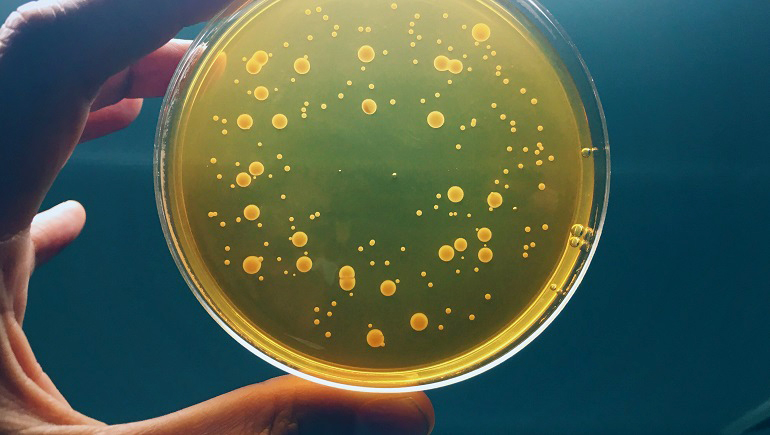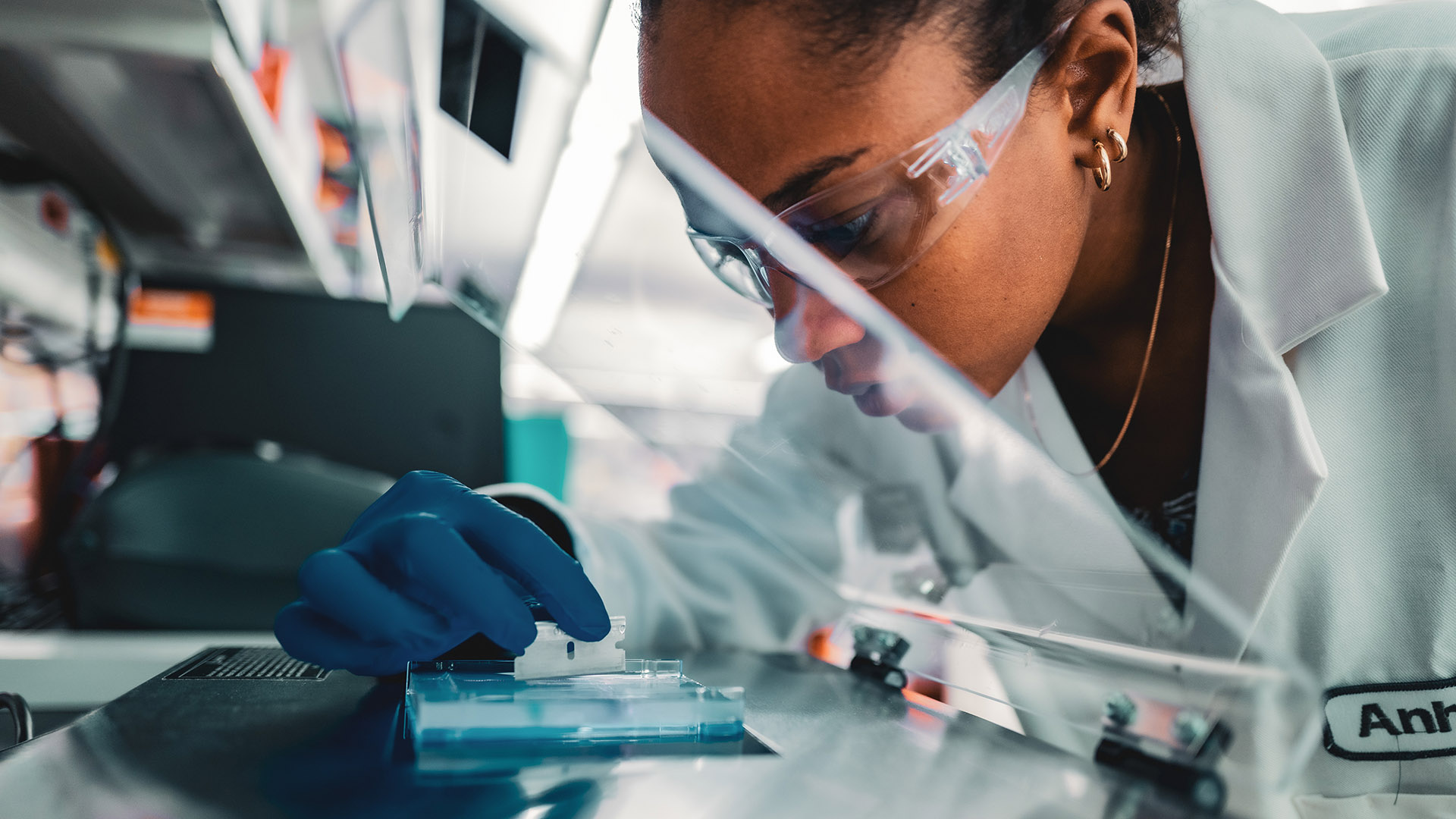
The discussion is particularly timely, as many researchers will be presenting data during the meeting on a range of emerging and established biomarkers that can help pinpoint a patient's unique cancer biology.
Esteemed researchers and panelists will discuss an important question – how do we use biomarkers to gain insights into which patients are most likely to benefit from immunotherapies? Answering this question has become crucial as the number of approved and investigational treatment options have expanded. As treatment options in the field of I-O increase, a better understanding of each patient's needs will help drive treatment decisions.
PD-L1 expression has played an important role to date in helping to identify patients likely to respond to anti-PD-1 therapy and shaping our knowledge of predictive biomarkers as a whole. Our findings, however, remind us that the immune system is complex, and that biomarkers in addition to PD-L1 expression will be needed.
I will be joined by my colleague Joe Szustakowski, head of Bristol Myers Squibb’s translational bioinformatics team. As one of the presenters, Joe will share research on tumor mutation burden – a measurement of the mutations carried by tumor cells – and its potential use as a biomarker for response to immune checkpoint inhibitors. This is an important part of our commitment at BMS to pioneer translational research to better understand cancer biology and its intersection with the immune system, and help to determine the patient populations most likely to benefit from I-O therapy.
I share in the scientific community’s excitement during a time where biomarker research can help us to better understand personalized medicine for appropriate patients. As an immunologist working at BMS, it has been very gratifying to watch the evolution of basic immunology to the development of new products to treat cancer, and to be part of the next phase as we identify emerging biomarkers to help us take on the challenge of resistance mechanisms.



